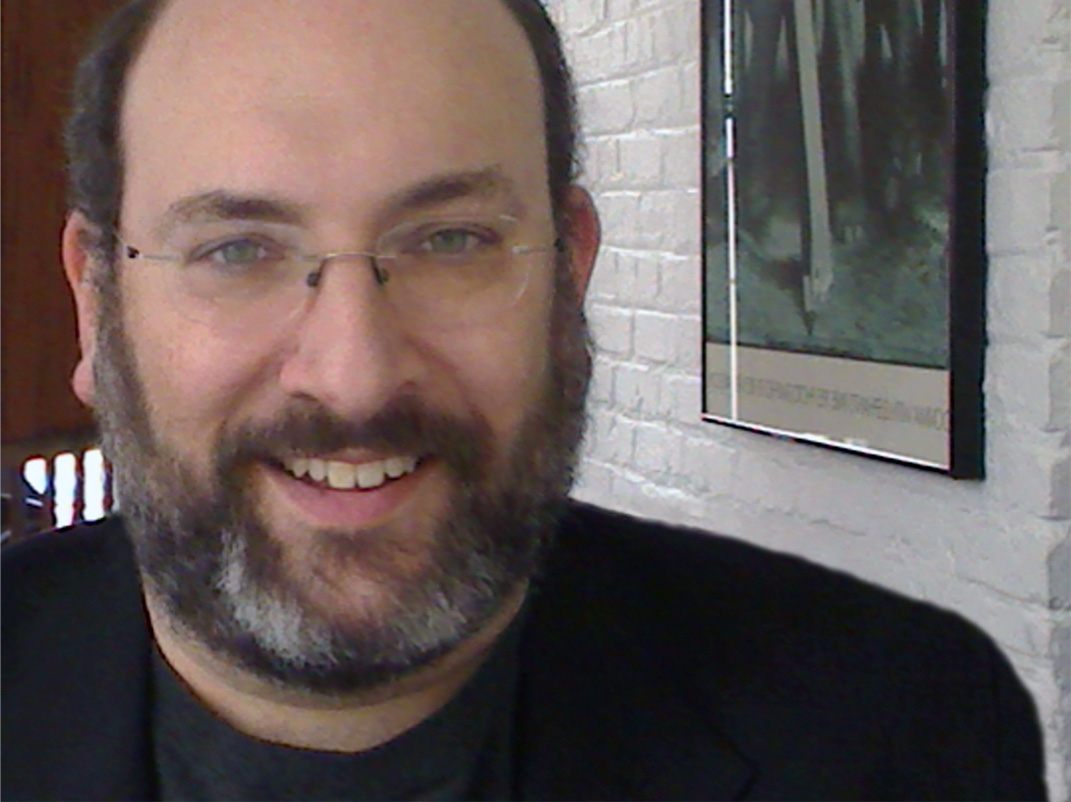May 27th, 2011 by BarbaraFicarraRN in Health Tips, Opinion
No Comments »


Social networking allows doctors, nurses and other health professionals to deeply connect and engage with the community and their colleagues.
“We are standing at the precipice of a new online revolution in health care. As more and more health experts embrace the Internet and increase their social media activity, health information seekers will undoubtedly benefit in profound ways.” [Source: Mashable]
Dynamic health and medical professionals engaged in social networking, using Twitter, Facebook, Blogs and YouTube are on the front-line of new modern medicine.
Today’s modern medicine is all about the patient. Participating, partnering and developing a professional relationship is paramount.
While many health consumers are searching the web for support, reassurance and specific health news and information; doctors and nurses continue to question the value of the internet for patients.
Social networking sites such as Twitter, Facebook, and Blogs are not a waste of time for health professionals because it offers value.
Social networking sites and blogs are a powerful and phenomenal platform to educate patients, raise awareness of health issues and it offers a forum to collaborate and connect. It gives a voice to patients and it allows for the conversation to get started with their doctors and other health care professionals.
Doctors, nurses and other health professionals can help validate what is important for patients.
3 reasons why social networking is not a waste of time Read more »
*This blog post was originally published at Health in 30*
February 1st, 2011 by DavedeBronkart in Better Health Network, Opinion
No Comments »

I have a Google alert for “e-patient,” and sometimes I’m surprised what it catches. [Recently] it was this:
3 Reasons Steve Jobs Will Be The Ultimate e-Patient
Steve Jobs’ medical leave sets the stage for the upcoming revolution in the production and delivery of medical information at time of diagnosis. 3 things you need to know.
So I’m thinking: “Oh, wow: Is the term ‘e-patient’ going mainstream?” That would be a hoot, because indeed the Society for Participatory Medicine is engaged in spreading the word.
*This blog post was originally published at e-Patients.net*
January 10th, 2011 by DavedeBronkart in Better Health Network, Health Policy, News
No Comments »

In December, the Society for Participatory Medicine’s executive committee appointed health law attorney David Harlow to represent the Society in public policy matters. Regular readers of HealthBlawg::David Harlow’s Health Care Law Blog know what a patient-centered, participatory thinker David is. This is his first report.
 I am delighted to offer my first report as Public Policy Committee Chair for the Society of Participatory Medicine. I encourage all of you who are not yet Society members to join, and I encourage new and old members to consider volunteering to help with the wide range of public policy issues facing us today.
I am delighted to offer my first report as Public Policy Committee Chair for the Society of Participatory Medicine. I encourage all of you who are not yet Society members to join, and I encourage new and old members to consider volunteering to help with the wide range of public policy issues facing us today.
Over the past couple of months, the Public Policy Committee has gotten its sea legs. We are beginning to add the Society’s voice to the national discourse on patient engagement in a formal manner. As planning for health reform and related initiatives becomes more concrete, it is clear that patient engagement and patient-centeredness are key issues to be considered. For example, it was encouraging to hear Centers for Medicare and Medicaid Services (CMS) Administrator Don Berwick speak about the “Triple Aim” at the Accountable Care Organization (ACO) workshop this fall, and explicitly link the achievement of the triple aim — better care for individuals, better health for populations, and reduced per-capita costs — to patient engagement and empowerment.
There will be many opportunities for the Society to engage with policymakers, payors and provider organizations as this work continues. CMS and its many related organizations, as well as many provider and private sector payor organizations recognize that without maintaining a focus on the patient at the core, health reform and related health IT initiatives cannot be successful. We’ve kicked things off on two fronts — ACOs and Stage 2 Meaningful Use rules. Read more »
*This blog post was originally published at e-Patients.net*
November 16th, 2010 by DavedeBronkart in Better Health Network, Health Policy, News, Opinion
1 Comment »

 Last Friday the board of the American Medical Informatics Association (AMIA) published a position paper in its journal saying that the “hold harmless” clause is unethical. One of the paper’s authors is Dr. Danny Sands, currently President of the Society for Participatory Medicine. I hope to write more about it this week, after attending the AMIA conference in DC, but here’s the basic issue:
Last Friday the board of the American Medical Informatics Association (AMIA) published a position paper in its journal saying that the “hold harmless” clause is unethical. One of the paper’s authors is Dr. Danny Sands, currently President of the Society for Participatory Medicine. I hope to write more about it this week, after attending the AMIA conference in DC, but here’s the basic issue:
— For ages, makers of electronic medical record systems (EMR) have insisted on a “hold harmless” clause in the contracts a system buyer must sign. It says, in essence, that if any harm comes to anyone because of a system problem, the buyer (the hospital) will hold the manufacturer harmless.
— In other words, if anything goes wrong with the system and someone gets hurt, it’s not the manufacturer’s fault. The reasoning has been: “Hey, you doctors are smart. If our system displays a wrong value, you’re supposed to notice it.”
I’m told this policy has been one big impediment to adoption of EMR systems, because it removes all motivation for vendors to fix things that make their product hard to use: If there’s a bug or the system slows someone down, and a patient gets hurt, the hospital gets sued, not the vendor.
If you were a hospital, wouldn’t that make you eager to buy? What would that do to your trust of the vendor? Patients, how do you feel about that? Providers? Read more »
*This blog post was originally published at e-Patients.net*

















